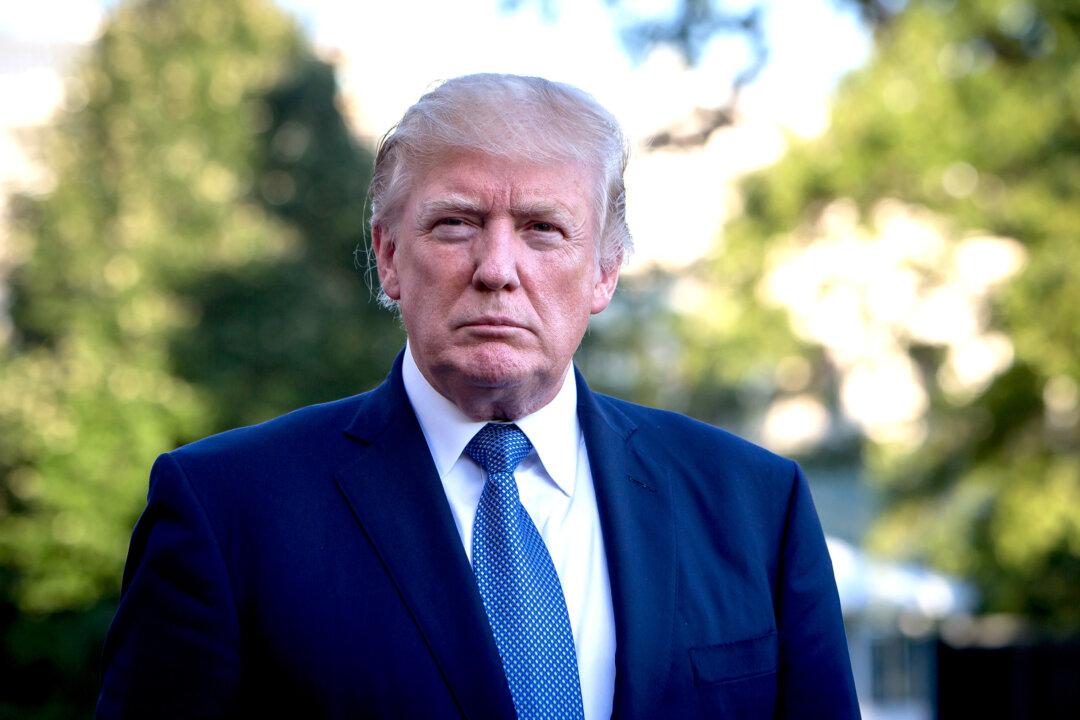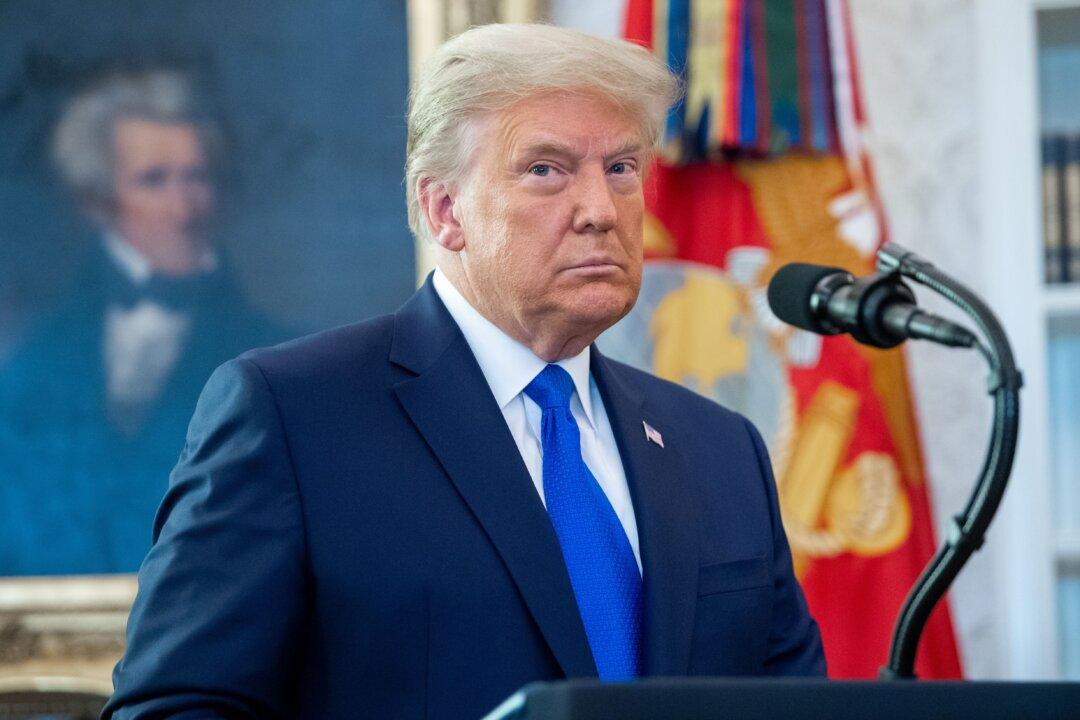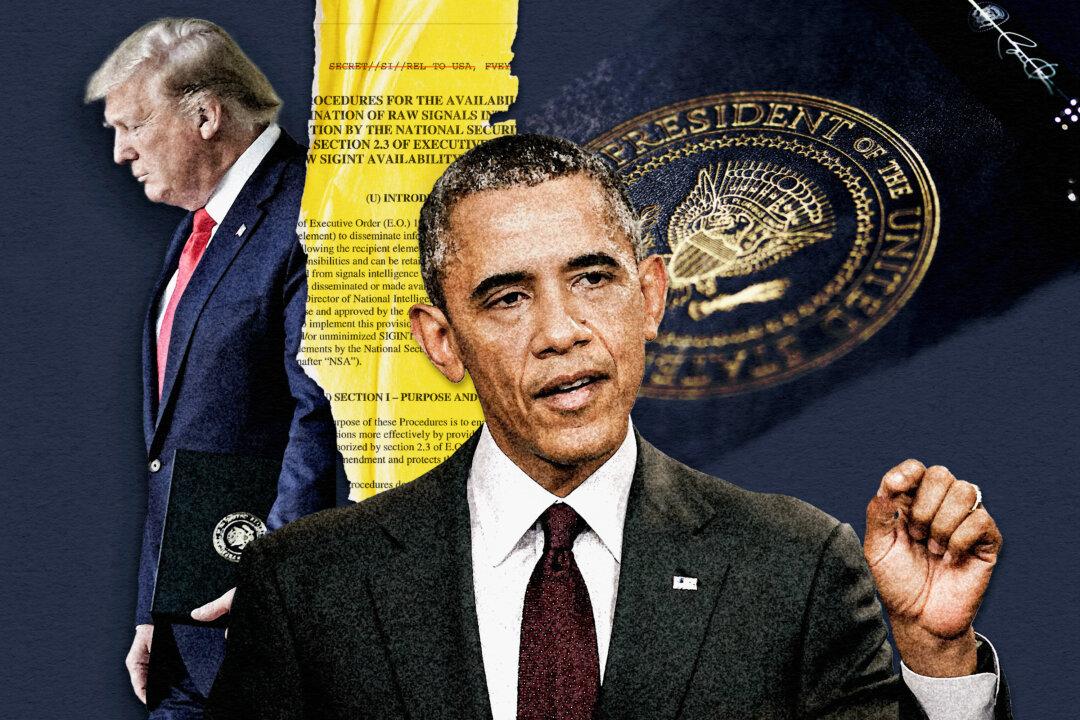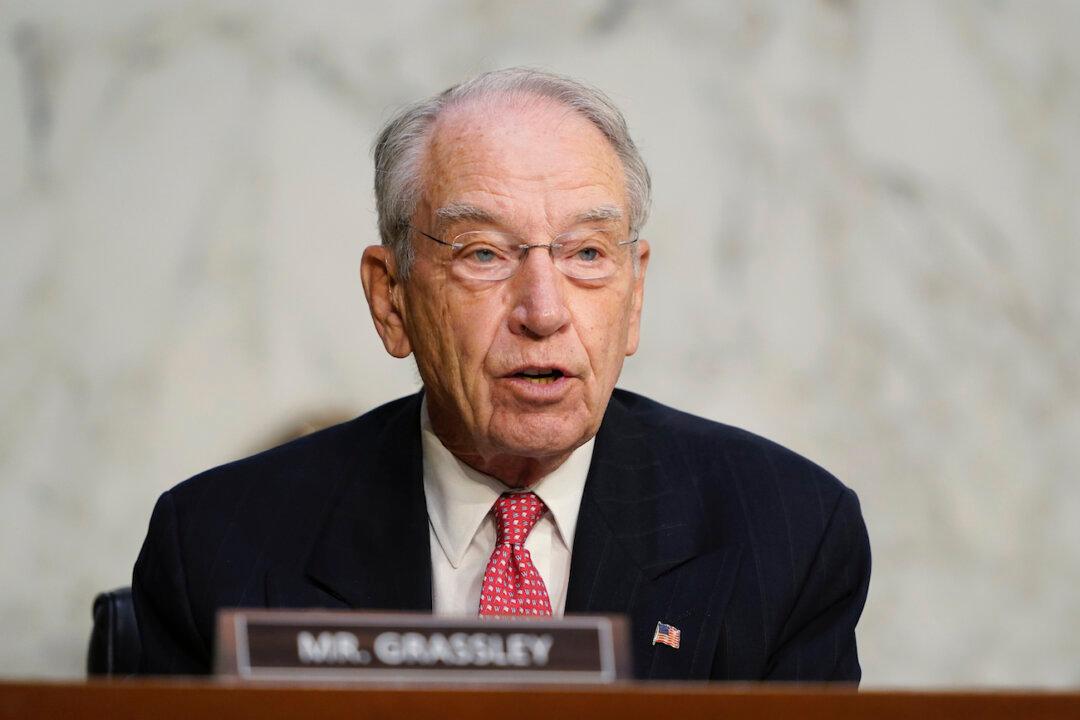News Analysis
Last night President Trump made a brief but very important disclosure during a live interview with Sean Hannity while at a rally in Las Vegas. Hannity asked the president about the pending release of declassified documents. Here is how the president responded:
Well, we’re moving along, we’re working along. We’re also dealing with foreign countries that do have a problem. I must tell you. I got called today from two very good allies saying, “please, can we talk.” So, it’s not as simple as all that. And we do have to respect their wishes. But it will all come out.This morning President Trump sent out a series of tweets on the subject, providing further information:
I met with the DOJ concerning the declassification of various UNREDACTED documents. They agreed to release them but stated that so doing may have a perceived negative impact on the Russia probe. Also, key Allies’ called to ask not to release. Therefore, the Inspector General.....





